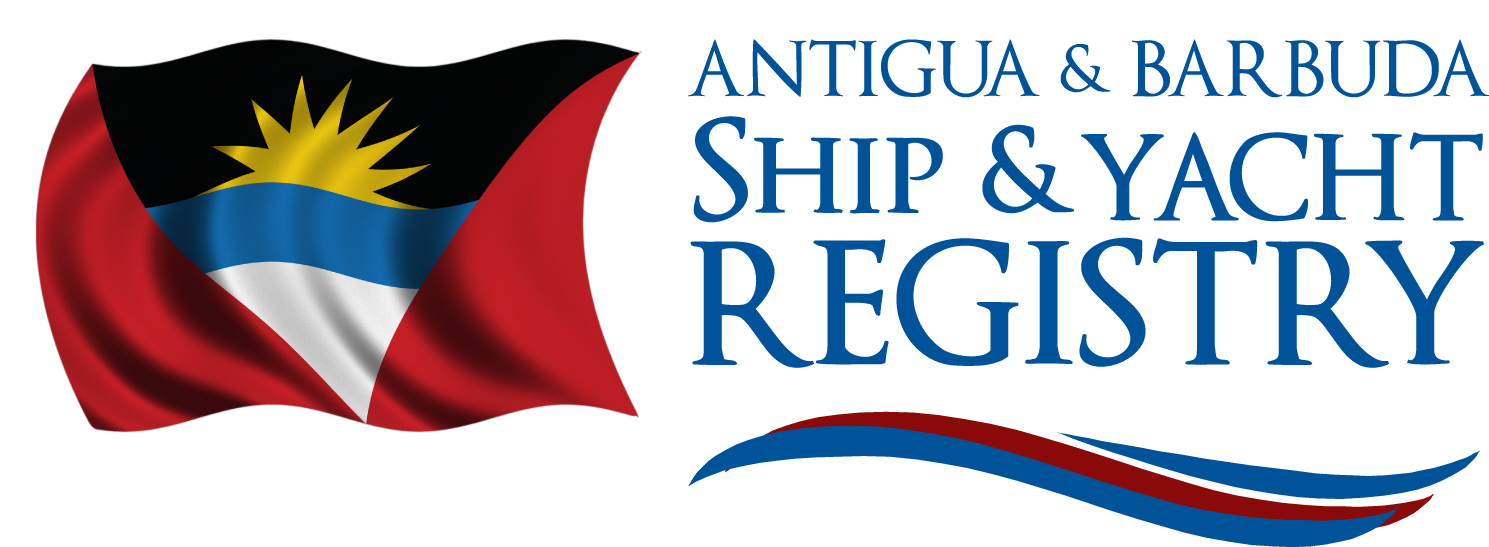Maritime Safety
- Home
- /
- Maritime Affairs
- /
- Maritime Safety
GENERAL
The SOLAS Convention, to which Antigua and Barbuda is a party, requires flag states to ensure that ships flagged by them comply with the minimum safety standards in the construction, equipment, and operation. SOLAS Chapter V: Safety of Navigation requirements apply to all vessels and their crew, including yachts and private craft, on all voyages.
All vessels are to be sufficiently and efficiently manned from a safety point of view. Every mariner must conduct a careful assessment in undertaking proposed voyages, with sound passage planning that considers all potential dangers to navigation, weather forecasts, tidal predictions, the competence of the crew, and all other relevant factors.
MAGNETIC COMPASS – INSTALLATION
As part of the shipborne navigational equipment, any magnetic compass installation will be approved by the vessel’s classification society. The RO will approve the installation with respect to compliance to above mentioned regulations, as part of the [Cargo] Ship Safety Equipment Certificate (CSSEC).
EPIRBS – REGISTRY AND MAINTENANCE
Emergency Position Indicating Radio Beacons (EPIRBs) are required to be carried on:
- All commercial vessels over 300 GT.
- All vessels certified under the Caribbean Small Vessel Code and engaged on voyages in exposed waters or on international voyages with more than 12 passengers,
- All vessels certificated under the Caribbean Cargo Ship Safety Code,
- All commercial yachts certified as in compliance with the Large Yacht Code,
- Commercial yachts under 24m complying with the M280 Code if operating at extended ranges.
For EPIRBs to function correctly it is important that the details of the vessel to which they are fitted are available to rescue services in order that the proper level of response can be arranged in the case of an emergency and so that false alerts can be quickly identified and cleared.
The Administration has made arrangements with the International Cospas-Sarsat programme for the recording of beacon information directly on their database from where it can be accessed by all MRCCs world-wide.
ECDIS
SOLAS Chapter V, Regulation 19 requires every ship to carry up to date nautical charts and nautical publications in order to plan and display the ship’s route for the intended voyage and to plot and monitor positions throughout the voyage. The regulation permits an Electronic Chart Display and Information System (ECDIS) to be used to meet this requirement provided that back-up means are provided (Regulation 19.2.1.5).
Antigua and Barbuda permits the carriage of ECDIS as an alternative to paper charts and as the primary navigation system provided that:
- The ECDIS is type approved as meeting the IMO Performance Standard (MSC.232(82))
- It uses up to date chart data issued by or under the authority of a Government Hydrographic office conforming to International Hydrographic Office standards.
- There is an adequate independent backup system. This may be a second ECDIS unit that meets the functional requirements set out in Annex 6 to MSC.232(82), or an up to date outfit of paper charts.
- The bridge watchkeepers have been appropriately trained.


